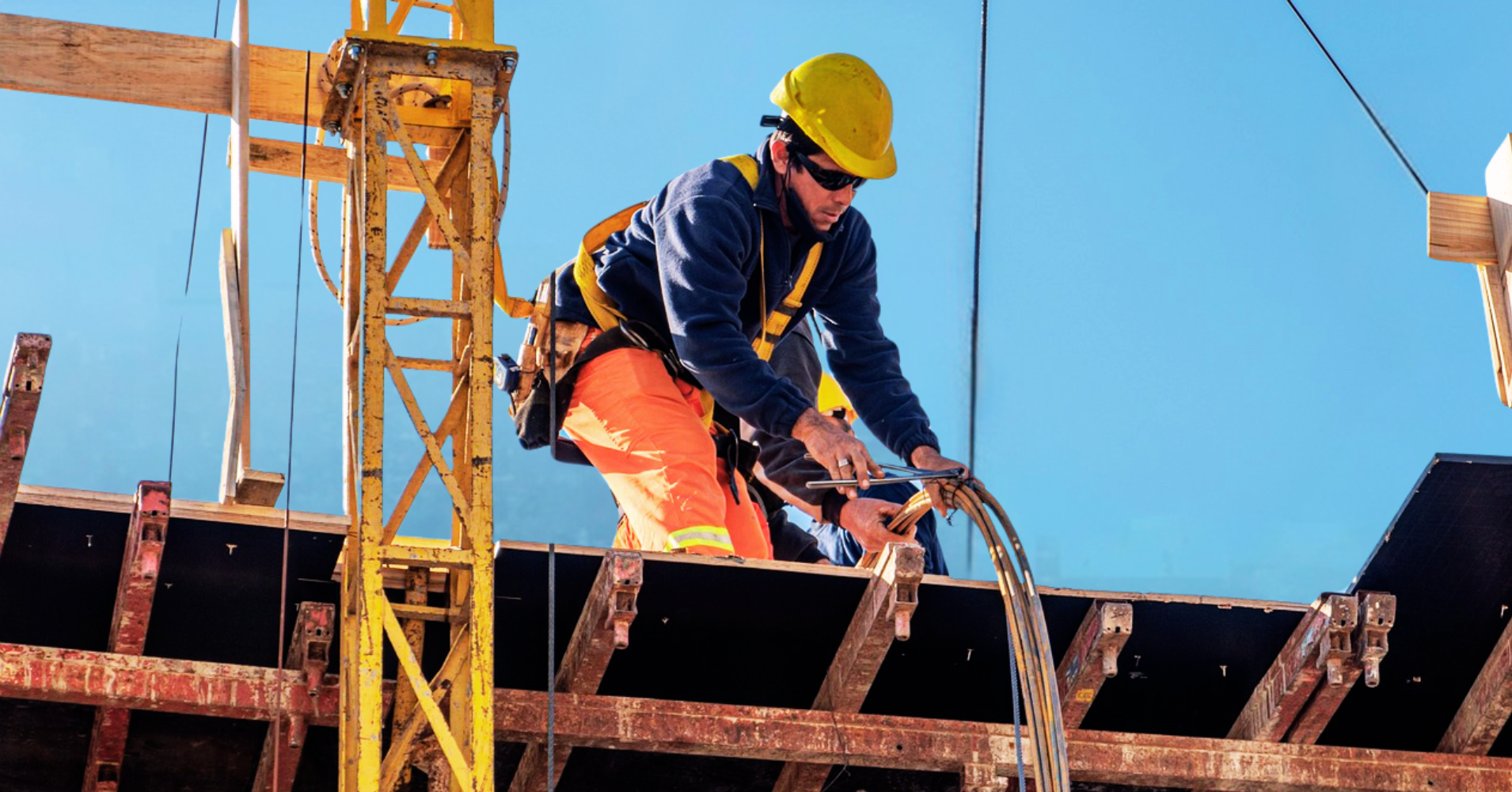
FREE WEBINAR (ZOOM)
Tuesday, 23 April 2024
11.00am to 12.00pm (AEST)
What once began as a necessity during the COVID-19 pandemic has now evolved into a lasting shift in how we work.
Organisations have increasingly embraced the remote work model, granting employees greater autonomy over their schedule, work environment, and desired break times. However, this also underlined the challenges stemming from reduced face-to-face interaction.
But how can employees continue to thrive and feel secure if their working conditions inherently pose greater risks due to the nature of their role?
And what can organisations do to economically and practically support employees, while mitigating the health and safety risks associated with remote (and isolated) work?
Breaking down two psychosocial risks at once
This webinar will decode two psychosocial risks that go hand-in-hand: ‘poor support’ and ‘remote or isolated work’.
Safe Work Australia’s definition of remote and isolated work highlights the issue as ‘more than not getting mobile reception in the lift at the office’ and elaborates that a lack of assistance when employees:
- work alone;
- can’t get help during emergencies;
- spend long hours on commute;
- have limited access to resources; or
- have unreliable access to technology;
can lead to significant psychosocial and physical hazards in the workplace.
Conversely, ‘poor support’ is described as the impact of inadequate assistance from supervisors and peers, along with lack of resources and information necessary for an employee to complete their tasks effectively.
"Most employers know they have an obligation to identify and eliminate or control psychosocial risks; but, it can be harder to know how to identify and address those risks in practical terms”, says Steven Booker, Consulting Psychologist, and subject matter expert.
What we will cover
Join Managing Director and host, Stephen Bell in the third instalment of our webinar series as he engages with our Business Psychologist and guest speaker, Steven Booker, in a thought-provoking discussion.
Together, they will provide practical skills and tools on how organisations and stakeholders can adequately support employees to enhance their physical and physiological wellbeing when working in remote and isolated conditions.
Who is this for
WHS professionals
HR professionals
Senior managers
What to expect
Deep dive into the impacts of poor support on remote and isolated workers
definition of poor support and remote and isolated work
which industries/occupations are most at risk
types of issues faced by Australian workers in remote and isolated conditions
what's the link between poor organisational support and the mental wellbeing of remote workers
what interventions and strategies help improve organisation’s support to remote and isolated workers
what the return on interventions is of these interventions
Question and answers
If you've got a pressing question to ask our expert, submit them through our registration form below.
Meet our experts
Stephen Bell, Managing Director
Stephen’s HR proposition is that the quality of a workplace culture is paramount in determining the success of employee engagement strategies.
In hosting this webinar, Stephen will draw upon his years' of experience in providing advice to organisations on the power of workplace cultures and its relationship to employee performance, wellbeing, engagement, and risk mitigation.
Steven Booker, Consulting Psychologist
Steven's focus is to help employees and employers alike in resolving workplace situations with empathy, fairness and non-discriminatory outcomes.
He does this by providing a mixture of training, coaching, mediation, employee counselling, proactive advice to managers, critical incident management, outplacement, team building, and cultural/team reviews.
How to register
Fill out our form to register and receive a calendar invitation with a link to the webinar.
Where to next?
We have a range of options available to assist you with your psychosocial concerns: